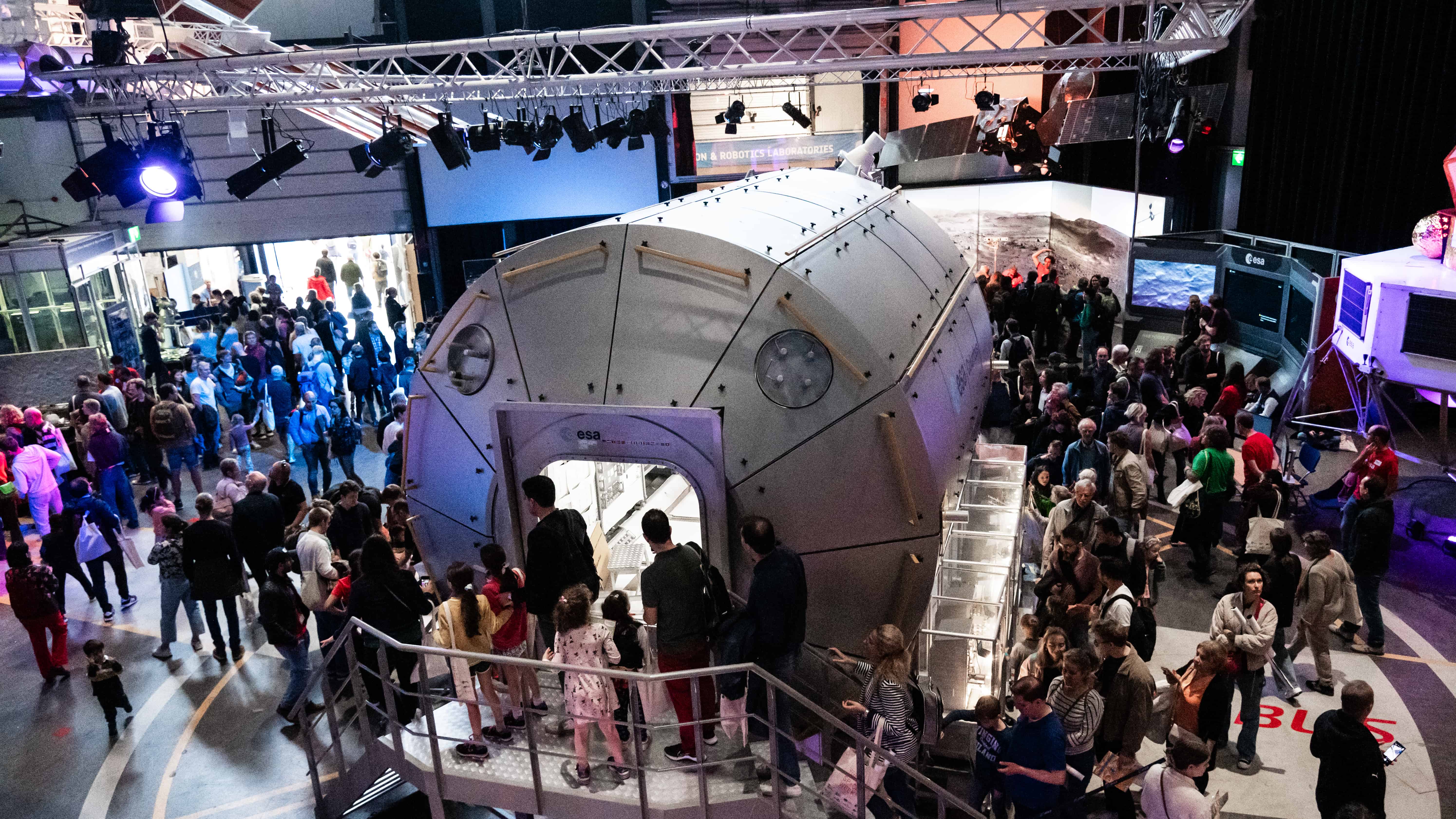
Citizens challenge the government on all fronts. When they are not glued to art objects, tables, and highways, they are in court arguing, with flawed enforceable laws in hand, that things should be different. Increasingly capable of organizing itself, the powerful movement of dissatisfied people is growing ever more influential, courtesy of our ever-contentious judges.
Governments are trying to ride this tide. If you know it so well, do it yourself, they try to bounce the ball back. For some time now, for example, the Housing Act has provided that residents can take over a property from housing associations if they unite in a housing cooperative. Residents considering this are entitled to a modest amount of money to investigate whether this option is realistic. It’s not taking a storm yet 🙂 . Decision-makers, it turns out, do not like to give up achievements.
Right to challenge
This fall, a new opportunity will present itself to influence policy implementation whereby this time, the responsibility for the tasks remains with the government in a legal sense. Still, the actual implementation is in the hands of residents. In an exciting mix of activism and social entrepreneurship, the right to challenge is legally enshrined in the new Municipal Law. Then you can put your money where your mouth is and challenge your municipality, province, or water board to take over tasks. Of course, you must demonstrate that you can do it smarter, better and preferably cheaper.
If you develop an idea yourself to redesign your street or neighborhood, manage it, set up a residential care project, or improve poor green space and landscape management, then the government will also provide you with the corresponding financial resources. In this way, new forms of carrying out public tasks are emerging.
Local knowledge
Hopefully, the enthusiasm to challenge the government this way will be huge. Local knowledge and commitment will undoubtedly lead to better implementation. And a powerful demonstration of what people can achieve collectively, in turn, brings forth new perspectives, as well as creative and practical solutions.
Above all, I hope for many small initiatives that will grow steadily and organically as people will quickly connect with them. And I dream of a good social business case for acquiring, developing, and maintaining social real estate.







